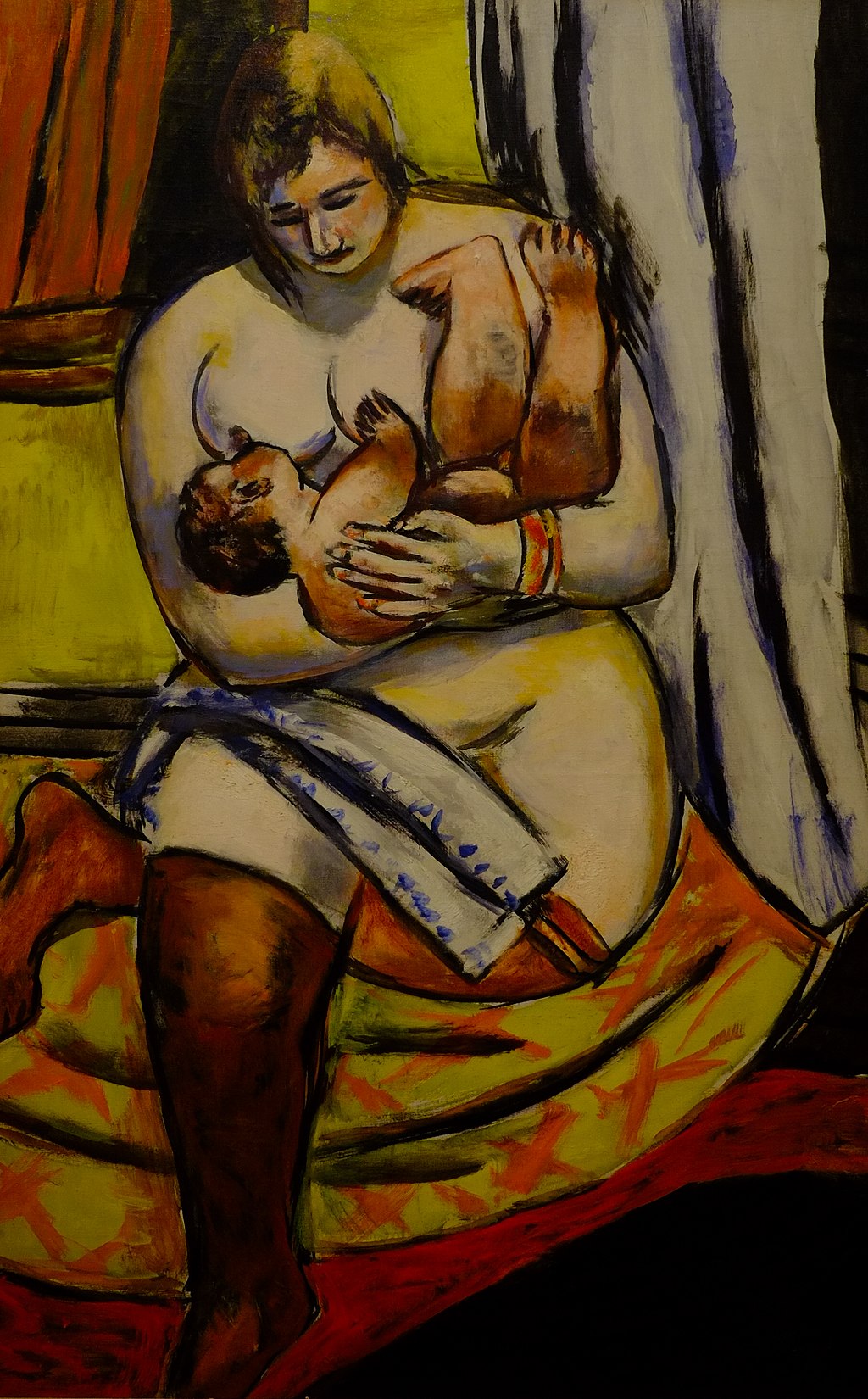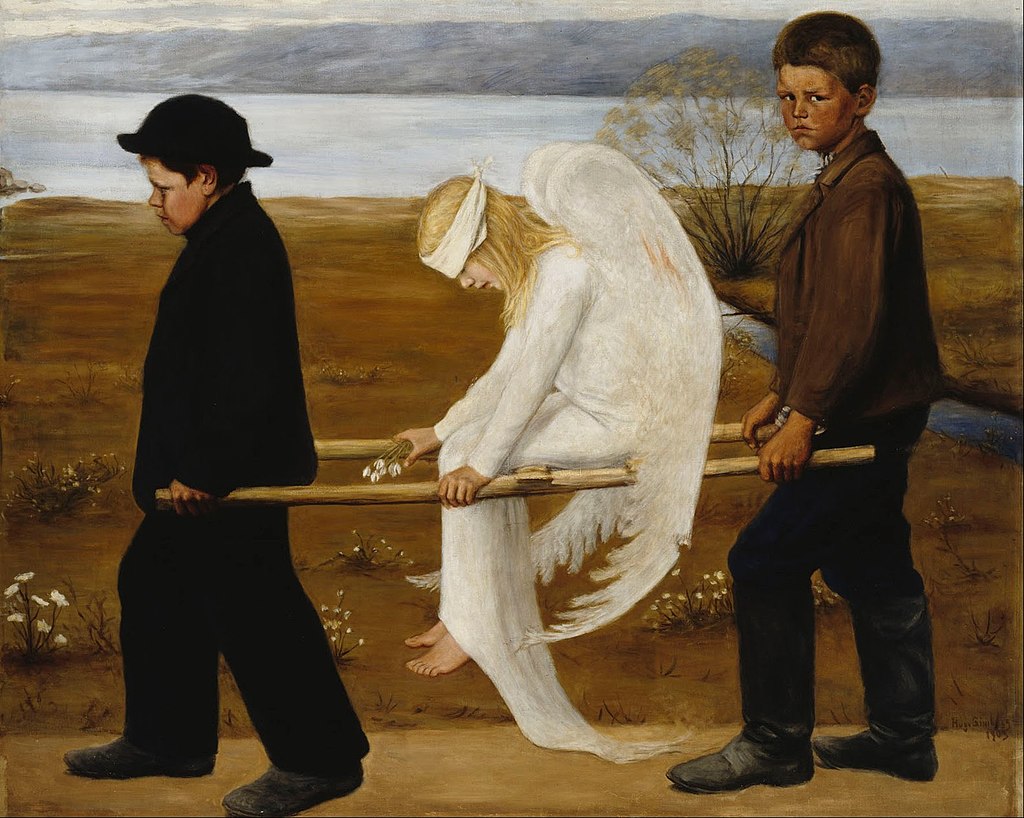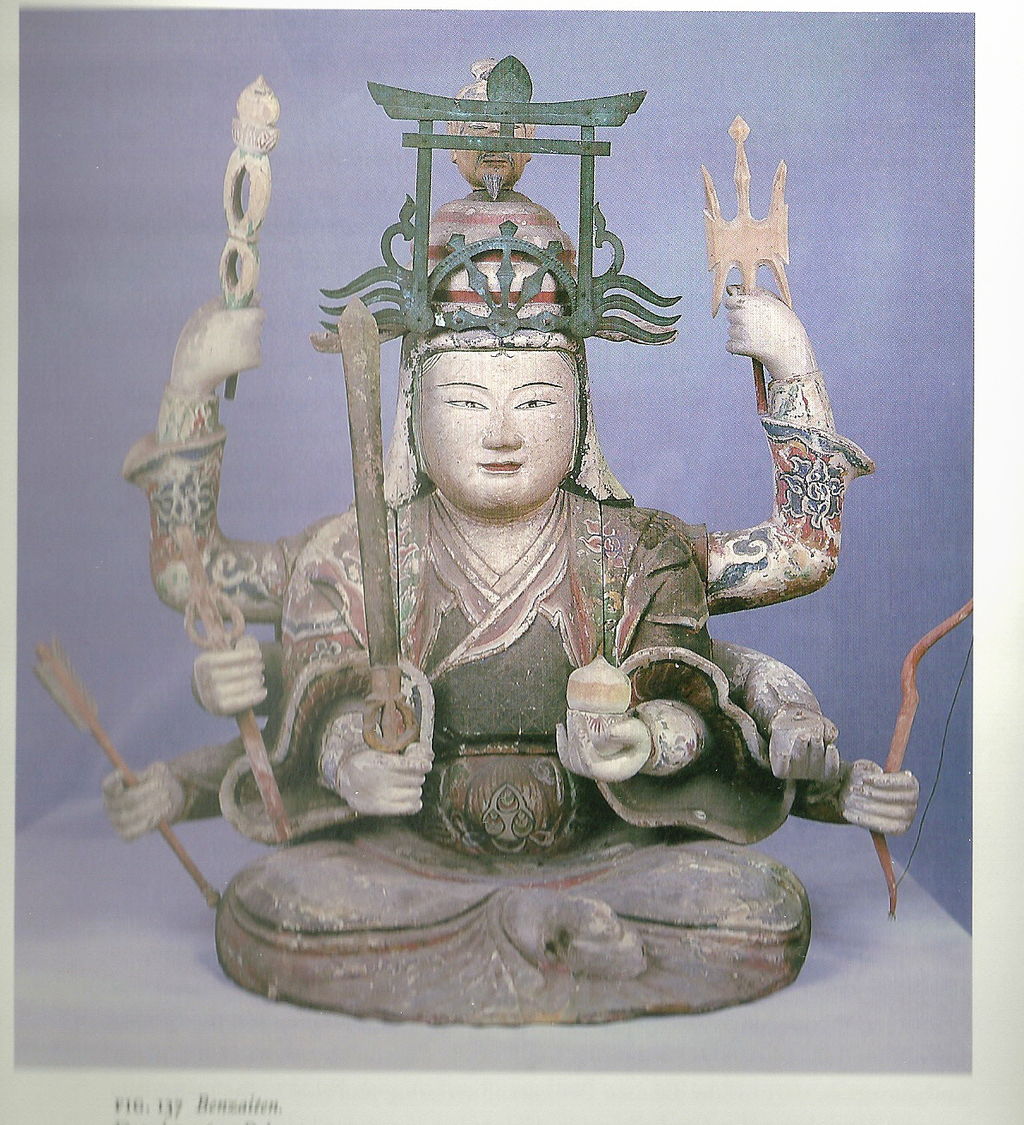In the ancient world, games of chance were used to settle disputes or make decisions. Back in the day, this was seen as a way to reveal ‘the will of the gods’. In many cultures, legal disputes, military strategies or even the selection of leaders were considered too important to leave to human judgment alone. Games of chance provided a way to invoke divine intervention in the decision-making process. The outcome of the roll of the die was seen as a reflection of the gods’ will on the matter.
Compared to human judgment, which could be biased or influenced by personal agendas, games of chance offered a seemingly impartial way to reach a decision. The element of randomness was seen as a way to ensure fairness and avoid accusations of favouritism. But impartiality is not the outcome in a game of chance where the game itself is rigged and the odds are not in your favour.

The Gambler
When it comes to gambling, believing in fate suggests that the win or loss is inevitable, regardless of skill or strategy. Gods or deities were believed to influence the outcome of games. Gamblers might pray to specific gods for luck or interpret the results as messages from the divine. In modern times–with a more developed understanding of probability and randomness–the belief in the divine influence on gambling has waned. Luck is still undoubtedly a factor, but the focus is often on skill, strategy and understanding the odds.
Gambling in the ancient world often involved rituals and offerings before playing. This could involve prayers, specific clothing or lucky charms, all aimed at influencing the outcome. These rituals served a psychological purpose, providing a sense of control and appeasing the gambler’s anxieties about the unknown.
Many cultures believed specific rituals could influence the deities associated with luck and fortune. These rituals served as a way to communicate with the gods and increase the chances of a favourable outcome. Gamblers might offer small sacrifices before playing, like coins, food or prayers. This act of giving acknowledged the power of the gods and sought their blessing.
Wearing specific clothing or amulets associated with luck was common. These items served as a physical reminder of the gambler’s appeal to the divine for a positive outcome. Cleansing oneself before gambling through baths or specific rituals might be seen as necessary to approach the gods with a pure spirit and increase the chance of their favour.
Some cultures practiced rituals to interpret signs and omens before gambling. Observing the flight of birds, rolling specific dice combinations or interpreting animal behaviour could be seen as messages from the gods about the upcoming game. These rituals provided a sense of control and helped gamblers feel prepared for the unknown element of chance.
In some societies, priests even oversaw gambling rituals. They acted as intermediaries between the gamblers and the gods. Their presence added a layer of formality and religious significance to the act of gambling. These rituals served a social function as well. Engaging in shared practices before gambling fostered a sense of community and reinforced the collective belief in the power of the gods to influence chance. Participating in the rituals might also have helped manage anxiety and channel the excitement surrounding the game. It’s important to note that the specific rituals varied depending on the culture and the type of gambling activity.
Some cultures might have had elaborate rituals for high-stakes games, while others might have had simpler practices for everyday gambling. However, the underlying purpose remained consistent – to appease the gods, influence luck and create a psychological framework for engaging in games of chance.
The Mahabharata
The Mahabharata, a famous Indian epic which culminated in the timeless teachings espoused in the Bhagavad Gita, portrays the devastating consequences of a single gamble that ignited an intergenerational war. However, this isn’t just a story about a reckless dice throw; it’s a timeless exploration of temptation, risk and its potent hold on human behaviour.
Yudhishthira’s fateful dice game with Shakuni is a cornerstone of the epic. It’s a layered exploration of morality, duty and the power of fate. Duryodhana and Shakuni’s deception with the loaded dice takes advantage of Yudhishthira’s internal weaknesses. Yudhishthira, however, still chooses to gamble, despite the counsel repeatedly provided to him, raising important questions about his free will and responsibility. Duryodhana, the Kaurava prince, embodies unbridled ambition and a burning desire for power. He sees the dice game as a shortcut to attaining his goals, whispering promises of effortless victory and dominance over the Pandavas.
The conflict escalates from a personal dispute over a kingdom to a full-blown war with far-reaching consequences as the Pandavas’ struggle attracts allies who have their own grievances against the Kauravas. The Kurukshetra war leads to the devastating loss of countless lives on both sides, including many prominent warriors and heroes. This immense bloodshed leaves a lasting scar on the land. The resort to war as a means of resolving conflict is seen by some as a violation of dharma.
The epic explores the terrible consequences of abandoning righteous conduct in favour of vengeance. Even after the Pandavas win the war, they are left with a bittersweet victory. They have reclaimed their kingdom, but at the cost of losing loved ones and witnessing immense suffering.

A Game of Dice
The dice game serves as the initial spark that ignites the cycle of violence. It exposes the underlying tensions and the Kauravas’ willingness to exploit the situation to their own advantage. However, the epic doesn’t simply blame it solely on Yudhishthira’s gambling. It portrays a complex web of factors, including Duryodhana’s ambition and the Pandavas’ sense of injustice. While some interpretations see Yudhishthira’s actions as the root cause of the war’s devastation, others argue that the Kauravas’ greed and cruelty were the inevitable drivers of conflict.
The Mahabharata invites reflection on the consequences of unchecked ambition, the importance of upholding dharma in challenging situations and the devastating and irreversible costs of violence. The epic reminds us that no matter how virtuous we are, temptation can find a way to whisper promises of gain or exploit vulnerabilities. It’s crucial to recognise these alluring whispers and make conscious choices.
The epic reminds us that temptation is an ever-present force in our lives. It’s crucial to be aware of its many faces and the ways it can manipulate us. Temptation can lead to a loss of identity, consuming us with the pursuit of a desired outcome and eclipsing our true selves.
The Mahabharata emphasises the importance of carefully evaluating risks before succumbing to the allure of quick gains. Understanding the potential consequences of our actions can serve as a powerful deterrent against impulsive decision-making. The Mahabharata ultimately values righteousness and balanced living over the fleeting pleasures promised by temptation. It encourages us to seek fulfilment through ethical means and focus on long-term goals instead of short-term desires.
God offers the true devotee grace, a divine gift that strengthens our resolve and helps us make moral choices. The prayers we send to the Divine is a request for this grace to be present in times of temptation. By discerning the right path, we can better avoid situations that might lead us into temptation and avoid the pending consequences that may well lay decades ahead.
OM SHANTI.





Leave a comment